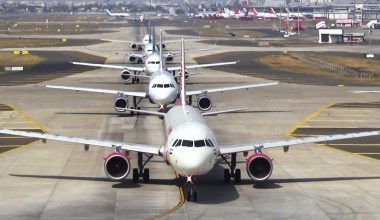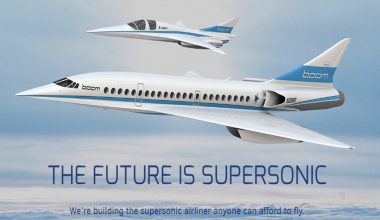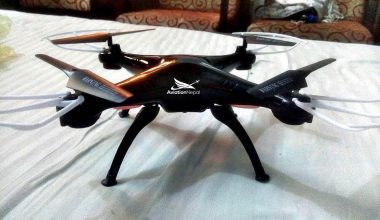Etihad Airways successfully eradicated around 195, 000 tonnes of carbon dioxide emissions in 2017 after it started a wide range of fuel-saving initiatives across its network.
Etihad’s flight plan adjustments across its network reduced approximately 900 hours of flying time, leading to 5, 400 tonnes of fuel saving and elimination of 17, 000 tonnes of carbon dioxide emissions.
With the use of the Boeing 787 (one of the most fuel-efficient commercial aircraft in operation), Etihad has been able to save ample fuel and also eradicate CO2 emmissions. At present, Etihad operates 19 Boeing 787 in its 115-strong fleet of passenger and cargo aircraft.
Following a number of improvements aimed at enhancing operational efficiencies, Etihad was able to reduce the amount of fuel consumed by its aircraft by over 62,000 tonnes of fuel. The result represents a 3.3 per cent improvement from the year before, and is the equivalent of 850 flights between Abu Dhabi and London.
Etihad’s efficiency initiatives across the business saved more than 60,000 tonnes of fuel in 2016. This 2.5 per cent improvement over the year amounts to a cut of nearly 190,000 tonnes of carbon dioxide emissions – the equivalent of 1,200 flights between Abu Dhabi and London or the removal of 40,000 cars from the roads.
Richard Hill, chief operations officer at Etihad Airways, said: “2017 was a particularly good year for fuel efficiency. The combination of retiring some of our older aircraft and increasing the proportion of Boeing 787 aircraft within our fleet, together with optimising our flight paths among a range of other initiatives has made a noticeable improvement to our fuel consumption and emissions profile.”
Etihad also strengthened its collaboration with air traffic control providers at many of the major airports to which it operates, in particular in Abu Dhabi, in order to improve the efficiency of many of the descent and approach profiles.






